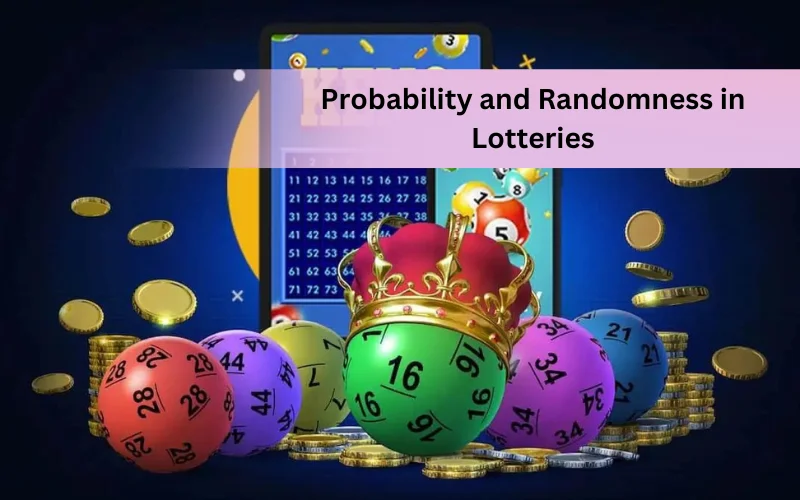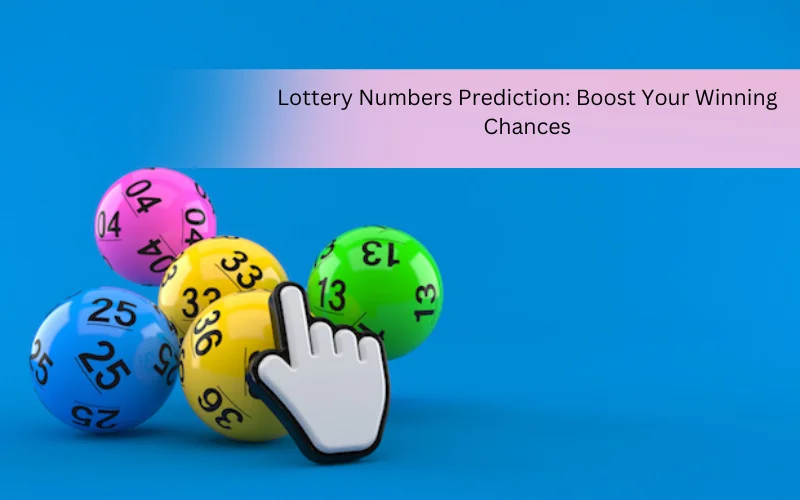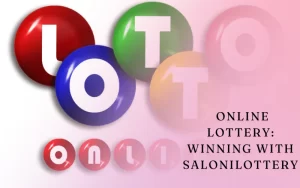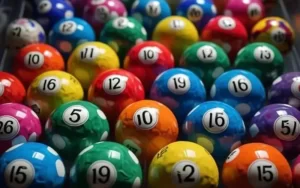Lottery Numbers prediction is a topic that fascinates many people who enjoy playing the lottery. While it is impossible to completely predict lottery numbers due to the nature of probability, using math can help you understand the process better and slightly improve your chances of making an educated guess. If you are interested in the mathematical side of lottery prediction, let’s explore the possibilities and see how math can elevate your lottery game.
Probability and Randomness in Lotteries

To achieve accurate Lottery Numbers prediction, it is to understand probability and randomness.
Understanding Probability
Probability is a branch of math that measures the likelihood of a specific event happening. In lotteries, probability tells us how likely it is that a particular number will be drawn. This understanding is crucial because it forms the basis for any strategic approach to playing the lottery.
Randomness in Lottery Draws
Randomness means unpredictability and the lack of any pattern in events. Lottery draws are random, ensured through various methods like using a random number generator or drawing balls from a drum. This randomness makes Lottery Numbers prediction extremely difficult, if not impossible.
Challenges in Prediction
The inherent randomness of lottery draws poses a significant challenge in predicting exact numbers.
Independent Events
Each lottery draw is independent, meaning the result of one draw does not affect the results of future draws. For example, if the number 5 was drawn today, it doesn’t mean it is less likely or more likely to be drawn tomorrow.
Common Misconceptions
A common misconception in Lottery Numbers prediction is the belief that if a number has not appeared in recent draws, it is “due” to appear soon. This belief, known as the Gambler’s Fallacy, is incorrect because each draw is independent.
The Role of Probability Laws in Managing Expectations
Understanding probability laws helps set realistic expectations when participating in lotteries.
Law of Large Numbers
This law states that as the number of trials increases, the average of the results becomes closer to the expected value, and the probabilities of different outcomes even out. However, this requires a very large number of trials, which may not be practical for individual lottery players.
Practical Applications
By analyzing historical data and understanding probability distributions, players can make more informed decisions about which numbers to choose. This approach is based on statistical evidence rather than mere guesswork.
Utilizing Combinatorics in Lottery Numbers Prediction
Combinatorics is a branch of math that deals with counting combinations of objects. It is critical for anyone looking to deepen their understanding of Lottery Numbers prediction and lottery odds.
Key Concepts in Combinatorics
- Permutations and Combinations: Permutations are the number of ways in which a set of items can be arranged in order, while combinations are the ways to choose items from a set where order does not matter. Understanding these concepts is crucial for calculating the odds of winning different types of lottery games.
- Factorials: A factorial (denoted by n!) represents the product of all positive integers up to a number n. It is key in calculating permutations and combinations.
Calculating Possible Outcomes
One primary use of combinatorics in lotteries is to calculate the total number of possible outcomes. For instance, in a simple lottery game where players choose six numbers from a pool of 49, combinatorics can determine how many different combinations of six numbers can be made, aiding in Lottery Numbers prediction.
Example Calculation: If a player needs to select six numbers from a set of 49, the number of possible combinations can be calculated using the combination formula:
C(n,k)=n!k!(n−k)!C(n,k)=k!(n−k)!n!
Where:
- nn is the total number of items to choose from (49 in this case),
- kk is the number of items to choose (6 in this case).
Where to Play Lottery Games?
For a reliable and enjoyable lottery experience, consider playing at Golden Jackpot, an Indian trusted online casino. GoldenJackpot offers diverse lottery games, generous bonuses, a secured platform, and easy and convenient payment methods, making it an ideal choice for your Lottery Numbers prediction efforts.
Conclusion
While predicting lottery numbers with absolute certainty is impossible, understanding the mathematics behind probability, randomness, and combinatorics can help you make more informed choices. By exploring the mathematical side of lottery number prediction, you can develop strategies based on logic and statistical evidence rather than mere chance or superstition. So, dive into the world of Lottery Numbers Prediction and see how mathematical insights can enhance your lottery playing experience. Remember, while math can help, the lottery is still a game of chance, so play responsibly and enjoy the excitement!










